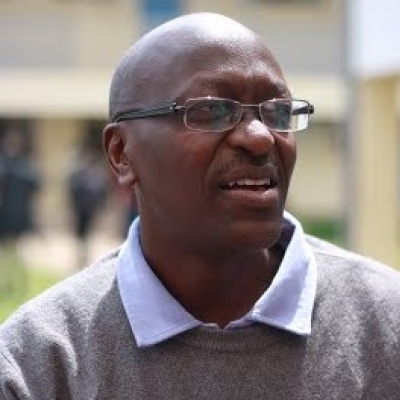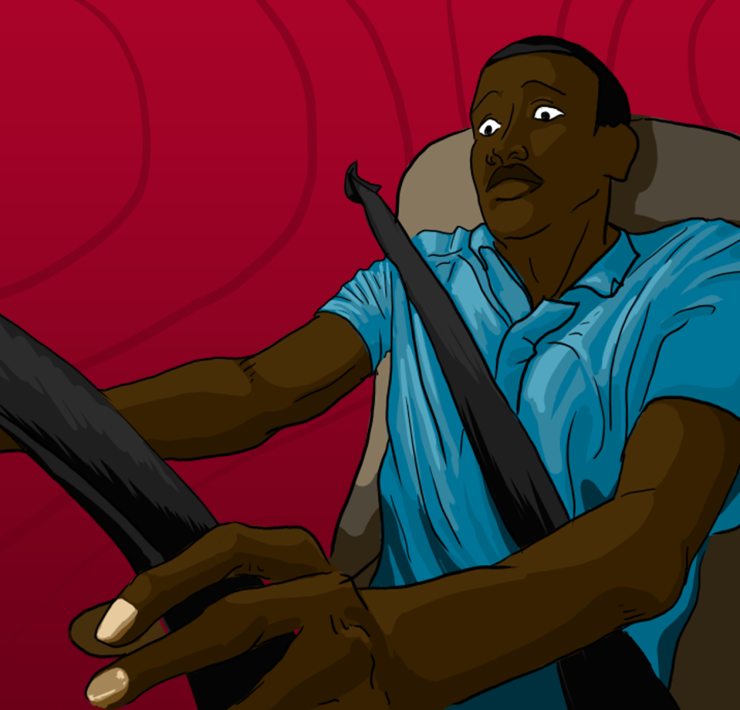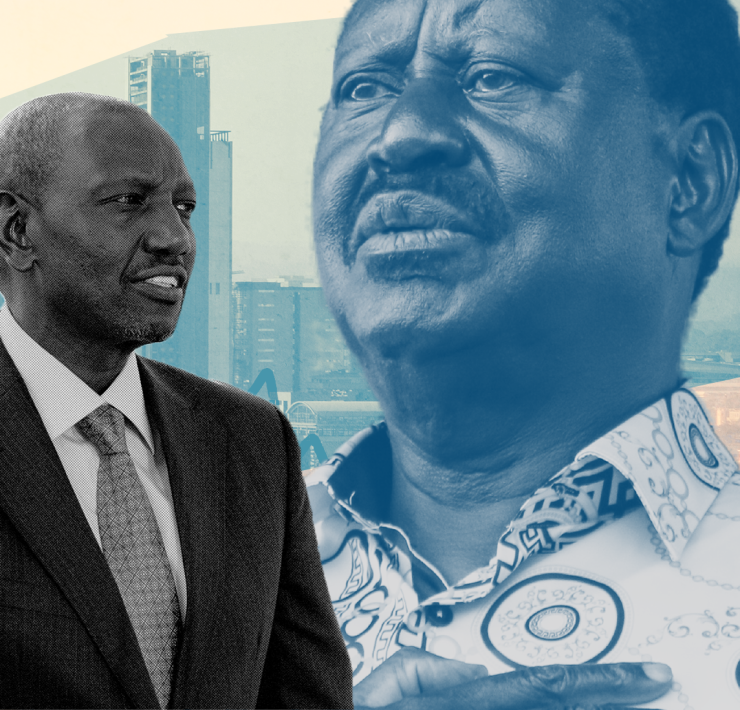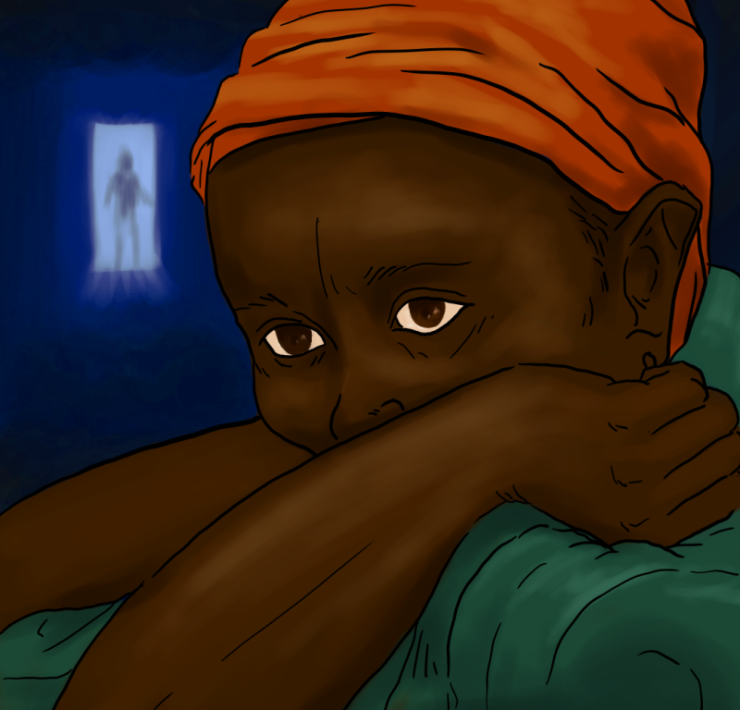“The struggle of people against power is the struggle of memory against forgetting.”
– Milan Kundera.
This month marks fifteen years since Kenya’s journey to true nationhood was so viciously interrupted as we descended into 60 days of anarchy, more popularly known as the 2007/8 Post-Election Violence (PEV). That sad chapter in our national history cost 1,133 citizens their lives, and interrupted those of 600,000 people who were forcefully evicted from their homes. Approximately 900 women and girls who were sexually assaulted and countless other Kenyans lost their livelihoods as property worth millions of shillings was razed to the ground because its owners belonged to the wrong ethnic group. But Kenya being a country, according to author Yvonne Adhiambo Owour, whose third official language is silence, hardly anyone remembers that traumatic period any more, or rather, in our selective national amnesia, we pretend that these painful events did not happen.
2007/8 was by no means the first time that Kenyans had suffered from election-related violence. Ever since the return of multiparty democracy in 1992, the country had witnessed violence during every electoral cycle with the exception of 2002. But 2007 was the first time that widespread violence threatened the very existence of the State as the country tittered on the brink of civil war, which required intervention by the international community through a mediation process led by Kofi Annan under the auspices of the Kenya National Dialogue and Reconciliation (KNDR). The KNDR was supposed to both bring the violence to an end and to deal with the long-term causes of political instability. It was supposed to mark a turning point where we as a society resoundingly proclaimed “Never again!” both by word and deed.
The Kofi Annan led process was also supposed to usher Kenya into its ‘transition moment’, by helping us to genuinely commit to break with the past, to heal the wounds of victims not only of PEV but of gross human rights violations that had marred the landscape of our nationhood dating back to independence, including massacres, political assassinations, torture, extrajudicial executions and rampart corruption, and build a culture of respect for human rights, democracy and the rule of law.
On the surface, our transitional justice path followed the example of other societies which had gone before us in dealing with legacies of mass human rights violations after long periods of civil war or dictatorship. From Latin America to post-Soviet Eastern Europe, from post-apartheid South Africa to post-civil war Sierra Leone, from East Timor to Rwanda, it is now widely accepted that in order to draw a line on the troubled past and have a shared vision of the future, societies need to hold to account perpetrators of human rights violations through genuine prosecutions; establish the truth about what happened during that troubled past; pay reparations to the victims; and reform institutions that had hitherto been captured by a small elite and turned into instruments of torment for the majority of the people, and restore civic trust.
In addition to this, it is critical that the memory of the atrocities be kept alive to avoid recurrence, for as the philosopher George Santayana reminds us, “Those who cannot remember the past are condemned to repeat it.”
However, while many of these countries did their best to genuinely deal with the ghosts of the past, Kenya undertook its transitional justice process largely through a superficial box-ticking approach. Where the Waki Commission recommended the formation of a special tribunal to prosecute perpetrators of PEV, the political elite sabotaged all efforts to form such a tribunal leading to the ICC indicting six high profile Kenyans whose cases all eventually collapsed due largely to witness interference and failure of the State to cooperate with the Court, which was unsurprising given that by that time, both the President and the Deputy President (who is the current President) were facing charges of crimes against humanity at the ICC.
A Truth, Justice and Reconciliation Commission (TJRC) handed in its report to the President in May 2013. The fact that the report was encased in a glass box eerily resembling an open casket was perhaps a harbinger of what was to come, since that was the last thing that was seen or heard of the findings and recommendations of the Commission.
When it came to reparations for the victims, they were inadequate, haphazard and discriminatory. A few IDPs received small cash grants from the government but only those in IDP camps benefited while the so-called ‘integrated IDPs’ who had moved in with family members, victims of sexual violence, and those whose livelihoods were destroyed are yet to receive any compensation. In March 2015, during his state of the nation address, the then President Uhuru Kenyatta announced the establishment of a KSh. 10 billion restorative justice fund for victims, but it was never operationalized.
Attempts at reforming institutions was also half-hearted as evidenced by a police force that continues to capture headlines for all the wrong reasons including being implicated in post-election violence in 2013 and 2017, extra-judicial executions of young men whose main crime seems to be that they are poor, and excessive violence and killings associated with COVID 19 enforcement measures.
With the coming into office of President William Ruto, it seems highly unlikely that Kenya’s abandoned transition will be revived any time soon. Not only is the new president one of the high profile alleged perpetrators of PEV whose cases at the ICC were vacated due to witness interference, the rate at which domestic criminal cases facing several members of his inner circle have been withdrawn points to the probability that truth and accountability for past human rights violations will not be a priority for the new administration.
Fifteen years after PEV, the victims and their families continue to bear their scars in silence. Many of them have probably given up in their quest for justice. However, the successful prosecution, after many years of apparent impunity, of former presidents Charles Taylor, Hissene Habre, Agusto Pinochet, and Alberto Fujimori, should provide them with a glimmer of hope that ultimately justice will prevail over injustice, for in spite of our national selective amnesia, history does not forget.
Author
-

Njonjo Mue is a Rhodes Scholar, human rights lawyer and transitional justice expert based in Nairobi, Kenya. He has held senior positions with leading national and international human rights organisations, including serving as Legal Advisor to the Africa Programme (and was Head of the Africa Regional Office) of the Freedom of Expression Watchdog ARTICLE 19; being Regional Director for PANOS Eastern Africa; working as the Head of Advocacy at the Kenya National Commission on Human Rights; serving as Africa Deputy Director for the International Center for Transitional Justice; and being a Senior Advisor to Kenyans for Peace with Truth and Justice, a coalition of over thirty human rights organisations established in the wake of the 2008 Post-Election violence to pursue truth and justice for PEV victims and advocate for a fundamental reform of the Kenyan State to address the root causes of political instability. Additionally, Njonjo has sat on the boards of several leading organisations including chairing the Governing Council of the Kenya Section of the International Commission of Jurists (ICJ–Kenya) and chairing the board of the International Institute of Legislative Affairs. He has won several awards for his human rights work, including being named Jurist of the Year by ICJ–Kenya in 2000 for his “unparalleled courage, determination for the preservation and restoration of human dignity, and realisation of the tenets of democracy and the rule of law.” Njonjo also holds an MA degree in Theology from the International Leadership University.
Njonjo Mue is a Rhodes Scholar, human rights lawyer and transitional justice expert based in Nairobi, Kenya. He has held senior positions with leading national and international human rights organisations, including serving as Legal Advisor to the Africa Programme (and was Head of the Africa Regional Office) of the Freedom of Expression Watchdog ARTICLE 19; being Regional Director for PANOS Eastern Africa; working as the Head of Advocacy at the Kenya National Commission on Human Rights; serving as Africa Deputy Director for the International Center for Transitional Justice; and being a Senior Advisor to Kenyans for Peace with Truth and Justice, a coalition of over thirty human rights organisations established in the wake of the 2008 Post-Election violence to pursue truth and justice for PEV victims and advocate for a fundamental reform of the Kenyan State to address the root causes of political instability. Additionally, Njonjo has sat on the boards of several leading organisations including chairing the Governing Council of the Kenya Section of the International Commission of Jurists (ICJ–Kenya) and chairing the board of the International Institute of Legislative Affairs. He has won several awards for his human rights work, including being named Jurist of the Year by ICJ–Kenya in 2000 for his “unparalleled courage, determination for the preservation and restoration of human dignity, and realisation of the tenets of democracy and the rule of law.” Njonjo also holds an MA degree in Theology from the International Leadership University.








